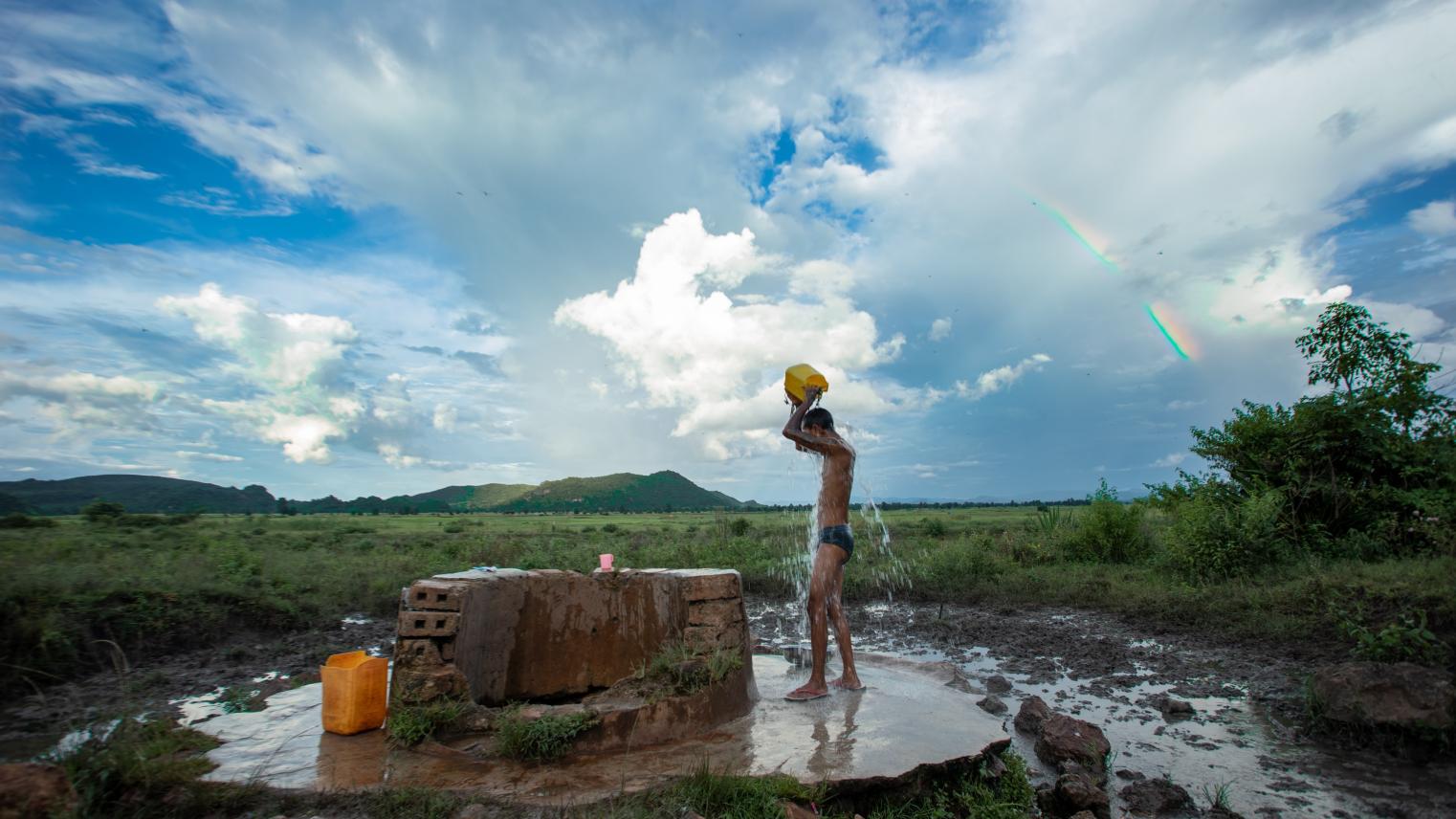ANU Myanmar Research Centre Dialogue Series 2024
Timezone:
5-6pm (AEST) (UTC+10), 1.30- 2:30pm MMT (UTC+6.30)
VENUE:
The dialogues in the series will be held in hybrid mode, ie in-person on the ANU Campus, and virtually on zoom.
- IN-PERSON: Regional Institutes Boardroom, HC Coombs Extension Building 8, 9 Fellows Road, ANU, Acton, ACT, 2601
- ONLINE: Zoom. Once you register here, you will be directed to the event page on Humanitix. Please select the relevant ticket, in-person or online, according to your preferred attendance mode. You will receive the zoom link and details after registering for online attendance.
For more information on the MRC 2023 Dialogue Series please see the MRC website or contact the Chair:
- David Hopkins, david.hopkins@anu.edu.au
You can subscribe to the ANU Myanmar Research Centre mailing list here.
We look forward to seeing you there.
Competing regimes and multiple stakeholders: How China hedges its relations with Myanmar
Hedging, as a foreign policy practice, has been studied extensively in the context of Southeast Asian foreign policy making amid the intensifying competition between the United States and China. This practice is often described as an 'active insurance-seeking behaviour,' which countries adopt in response to geopolitical uncertainties. It involves mitigating risks and cultivating fallback options in a dynamic international environment. However, few have applied this hedging logic to a domestic setting. This seminar will explore how China has practiced a hedging strategy towards Myanmar since the military coup in 2021, where there are competing regimes and a multitude of armed resistance groups, each wielding considerable agency and driven by distinct interests. Such setting presents a unique challenge for foreign policy, particularly for major stakeholders like Beijing, which has significant economic and strategic interests in the country. Given the volatile and uncertain political environment in Myanmar, Beijing's strategy has involved maintaining relationships with a variety of actors, not only with the military junta but also with a variety of ethnic armed groups, and potentially the national unity government. This seminar will demonstrate that by engaging with diverse and competing actors in Myanmar, Beijing aims to safeguard its interests and exert influence regardless of internal power shifts within Myanmar.
Speaker
Dr Enze Han is Associate Professor at the Department of Politics and Public Administration, The University of Hong Kong. He is an expert on international relations of Southeast Asia and China’s foreign policy towards Southeast Asia. His publications include The Ripple Effect: China’s Complex Presence in Southeast Asia (Oxford University Press, 2024), Asymmetrical Neighbors: Borderland State Building between China and Southeast Asia (Oxford University Press, 2019), Contestation and Adaptation: The Politics of National Identity in China (Oxford University Press, 2013), and more than 30 academic articles appearing in Journal of Politics, International Affairs, Review of International Studies, World Development, The China Quarterly, Security Studies, Conflict Management and Peace Science, Journal of Ethnic and Migration Studies among many others. Dr Han was awarded Lee Kong Chian Fellow on Contemporary Southeast Asia at the National University of Singapore and Stanford University during 2021-2022. During 2015-2016, he was a Friends Founders’ Circle Member of the School of Social Science at the Institute for Advanced Study in Princeton, United States. Dr. Han received his Ph.D. in Political Science from the George Washington University, and was also a postdoctoral research fellow in the China and the World Program at Princeton University.
Chair
David Hopkins, ANU, david.hopkins@anu.edu.au
The ANU Myanmar Research Centre Dialogue Series is a conversation concerning current research on Myanmar aimed at providing scholars with an opportunity to present their work, try out an idea, advance an argument and critically engage with other researchers. International and Myanmar researchers from any discipline are invited to contribute. The Dialogue Series is particularly seeking to provide a space for early career researchers wishing to receive constructive feedback. Each dialogue is one hour long, including a 30-minute presentation followed by a 30-minute Q&A. As a hybrid series, the Dialogues are presented in both virtual and in-person format, hosted by the ANU Myanmar Research Centre.
